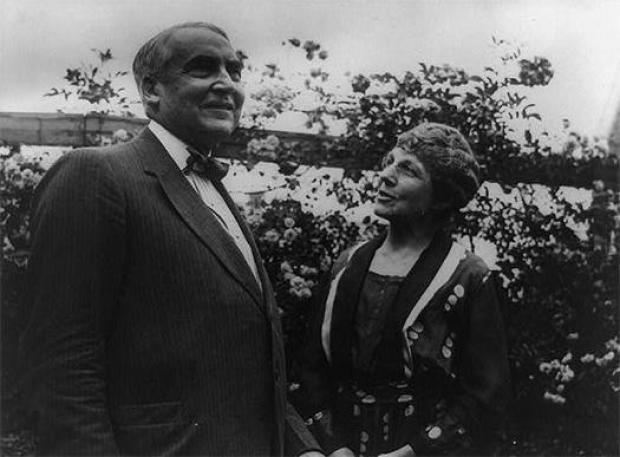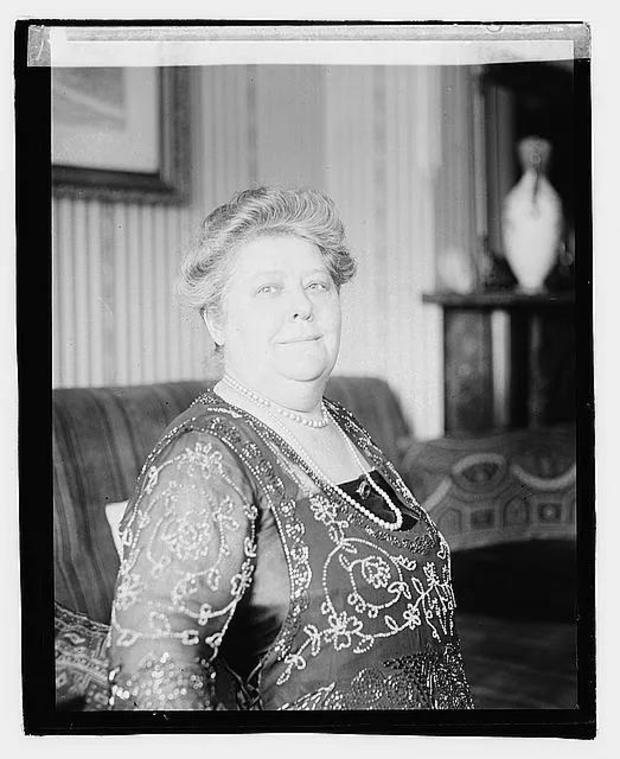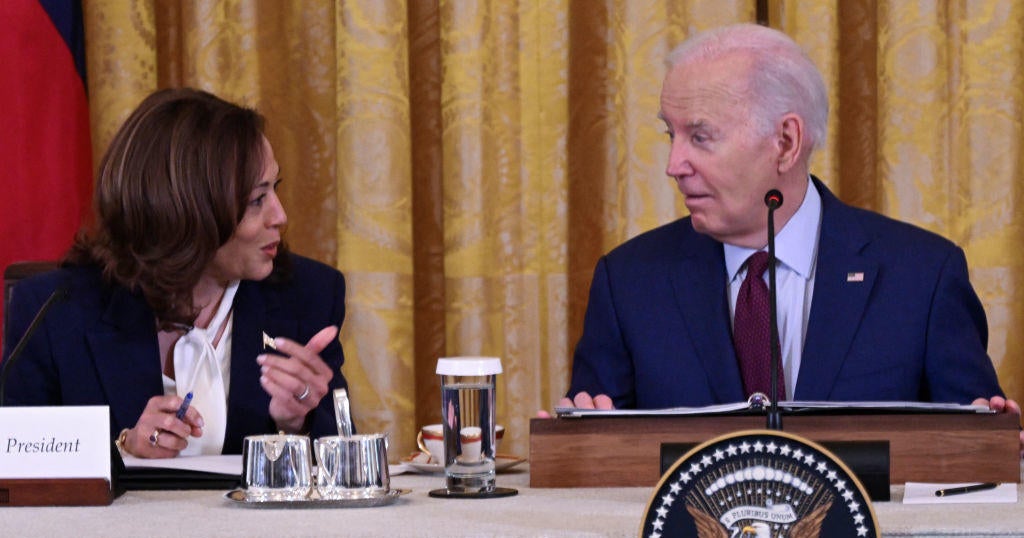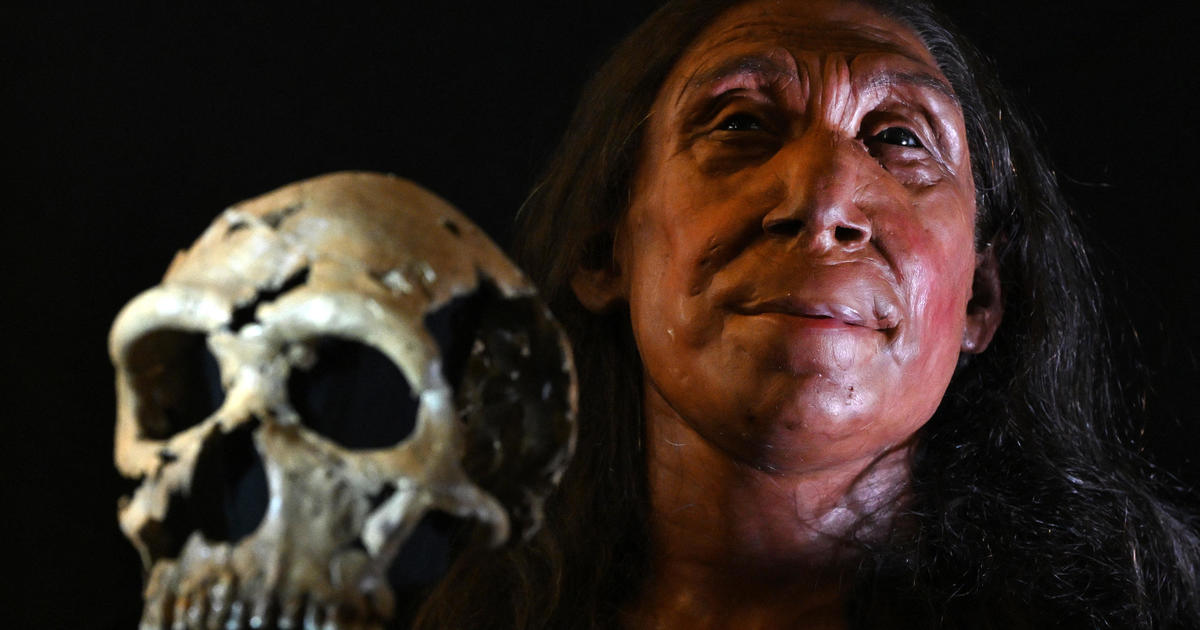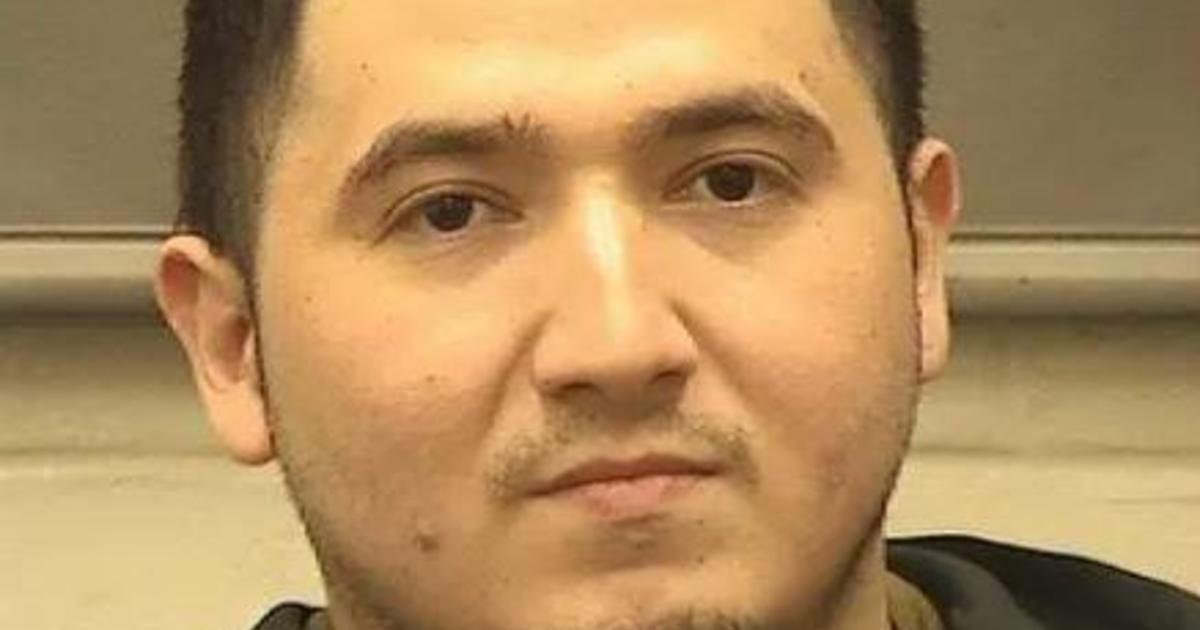100 years after a president's death, a look at the prediction that haunted his first lady
Erin Donaghue is editor-at-large for East Wing Magazine, which is publishing a longer version of this story in its debut issue.
In 1920, a Washington, D.C. astrologer and clairvoyant named Madame Marcia Champney predicted that then-Ohio Senator Warren G. Harding would win the presidency, but die a "sudden, violent or peculiar death" before the end of his term. Champney spoke as she examined Harding's astrological birth chart during a session with Harding's wife Florence, who would become the first lady of the United States the next year after Champney's prediction about Harding's win came true. Unfortunately, so too would Champney's prediction about Harding's demise.
Around 7 p.m. on Thursday Aug. 2, 1923, after a short illness during a tour of the western United States, the 57-year-old Harding died of a heart attack at a San Francisco hotel. Less than a half hour later and 3,000 miles away, Champney glanced at Warren Harding's birth chart and the clock, and told a journalist, "The president is dead."
The chilling prediction of Harding's death, an event that shocked the nation 100 years ago Wednesday, should be taken with more than just a few grains of salt. Much of what's known about Champney's relationship with Florence Harding, wife of the 29th president, comes from Champney's own telling of the events in news articles and magazines published after both Hardings were dead. Other press accounts, letters from Harding to Champney and staff recollections offer some corroboration, wrote Florence Harding biographer Carl Sferrazza Anthony in his book, "Florence Harding: The First Lady, the Jazz Age, and the Death of America's Most Scandalous President."
Champney's own writings cited by Anthony reveal her predictive ability came from examining her clients' astrological birth charts — a map of the position of the planets at the moment they were born, thought to give insights into someone's personality — and clairvoyant visions. But Champney was a businesswoman who charged $5 for each session, so she had a financial interest in depicting herself as someone who could accurately predict the future — especially later during the Coolidge administration, when public skepticism of fortune telling for profit was so high that proposed legislation would have criminalized it. During the Harding and Wilson administrations, however, sessions at her Dupont Circle parlor were popular among many Washington political insiders, offering her a front-row seat to all manner of Washington information that might have proved useful in her predictions.
"One of the things you have to look at … are the sources and what their agendas were," said Sherry Hall, manager of the Warren G. Harding Presidential Sites in Marion, Ohio. "Many of the stories about Florence's seeming reliance on astrology were published after Warren's death, and in many cases, after her death. To put that in context, what we find a lot with the Hardings is that people wanted to be part of the story."
Despite the murkiness that surrounds it, Champney's prediction of Harding's death came true. And she made the claim not just to Florence Harding, but to journalist Harry B. Hunt in 1920, according to the book "Toil and Trouble: A Women's History of the Occult." Three years later, when news spread that Warren Harding was suffering from suspected food poisoning on his western U.S. tour, Champney doubled down on her foresight to Hunt.
"It is the end. He will never recover," Champney said days before his death, according to Florence Harding biographer Katherine A.S. Sibley, citing an article by Hunt in her book, "First Lady Florence Harding: Behind the Tragedy and Controversy." "The crisis will come Thursday night. He will be dead by Friday."
This prediction was even more specific, and accurate to the day.
The extent to which Florence Harding believed Champney's predictions is unclear. She expressed her belief in astrology openly, saying, according to Sibley's book: "I believe in astrology and the indication of the planets as to a man or woman's fate." But she actively campaigned for her husband in spite of the prediction, appearing to grapple with the tension between belief in a predetermined destiny and the role of her own free will in shaping the future.
Whatever stock she placed in it, the prediction appeared to haunt her. On June 10, 1920, two days before her husband won the Republican nomination for president, she told the press: "I can see but one word written over the head of my husband if he is elected, and that word is 'Tragedy.'"
